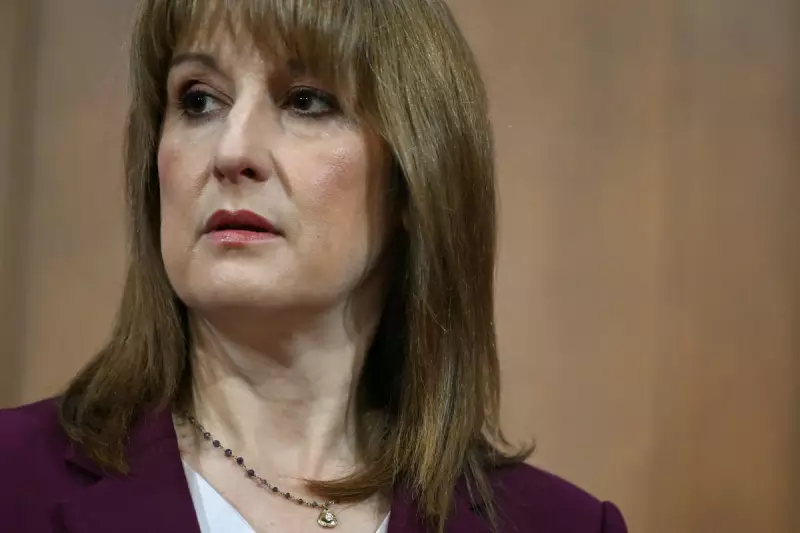
Senior Labour figures are mounting significant pressure on Chancellor Rachel Reeves to reverse her controversial foreign aid cuts and commit to a clear restoration plan.
Cross-Party Pressure Mounts
Key party members, including international development committee chair Sarah Champion and business committee chair Liam Byrne, have signed a letter demanding the chancellor commit billions more to the budget she previously slashed. The cuts were implemented last year to fund increased defence spending.
The letter, seen by The Independent, arrives just days before Ms Reeves is set to unveil her crucial Budget on Wednesday. The signatories insist she must chart a path to restore the foreign aid budget from 0.3% of gross national income (GNI) – the lowest level in 25 years – back to the longstanding 0.7% target.
Humanitarian and Political Consequences
The dispute over aid spending has already triggered internal turmoil, prompting the dramatic resignation of international development minister Anneliese Dodds in protest. The human impact is equally severe.
Analysis by Save the Children reveals the cuts will leave 55.5 million of the world's poorest people without access to essential resources like water, food aid, education, and family planning.
The MPs' letter argues that reducing development funding weakens Britain's soft power and security. "At a time of mounting strain on the international rules-based order, the UK cutting development funding will weaken our soft power, increase the risk to our security and open wider opportunities for rogue regimes," it states.
Call for a Definitive Timetable
The signatories, who unite different Labour factions from left to right, are calling for a concrete plan to return to the 0.7% commitment. They warn that further reductions are unsustainable.
They highlighted that a significant portion of the Overseas Development Assistance (ODA) budget is now spent on refugee costs within the UK rather than lifesaving programmes overseas. This is projected to rise to one-third of ODA next year.
"We are deeply concerned that the ODA budget cannot withstand any further reductions," the letter states. "Each cut in global development funding puts lives at risk and creates a vacuum that geopolitical competitors such as China and Russia are quick to try and fill."
Restoring the budget to 0.7% of GNI would more than double the overseas development and aid spending to approximately £20 billion by 2027, providing crucial stability for long-term international planning.






